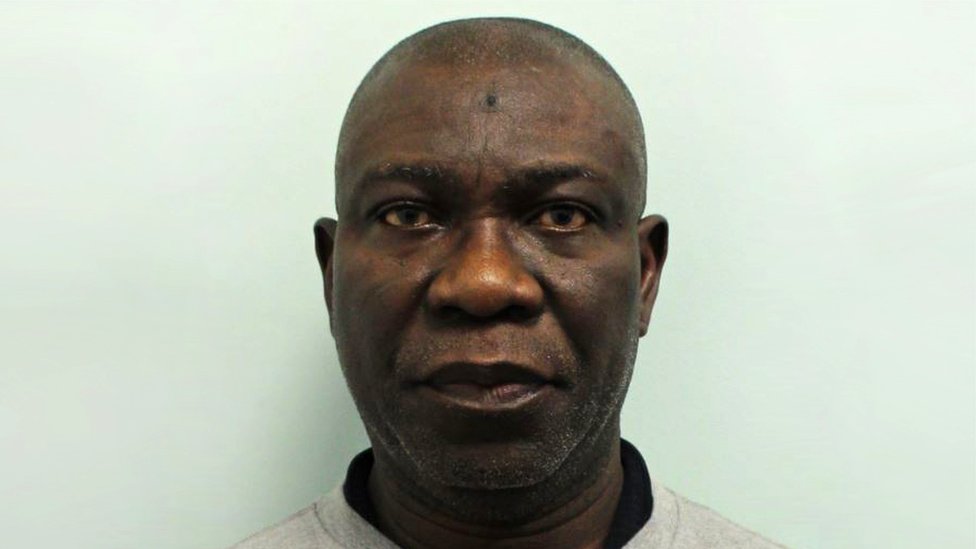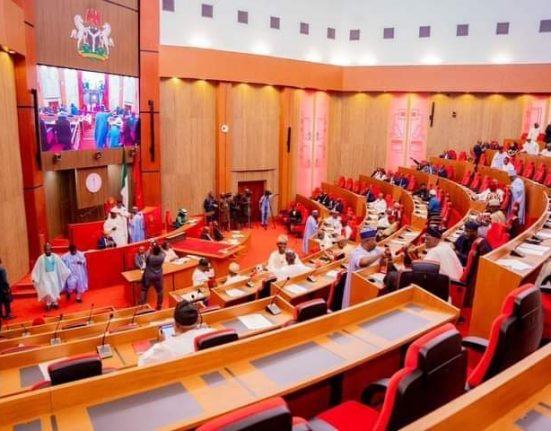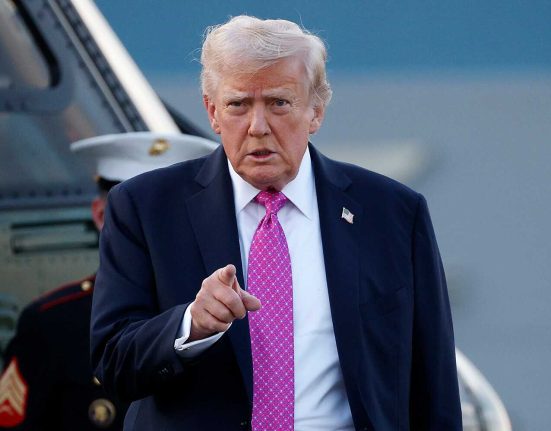The United Kingdom has declined Nigeria’s request to transfer former Deputy Senate President Ike Ekweremadu back home to complete his prison term. According to multiple UK media reports, including The Guardian UK, the British Ministry of Justice turned down the request after assessing that Nigeria could not guarantee he would continue to serve his sentence under the same strict conditions.
Ekweremadu, 63, is currently serving nine years and eight months in a UK prison following his 2023 conviction for organ trafficking. He was found guilty alongside his wife, Beatrice, and a Nigerian doctor, Obinna Obeta, of conspiring to exploit a young Nigerian man by arranging for his kidney to be harvested for their ailing daughter, Sonia. Their conviction was the first of its kind under the UK’s Modern Slavery Act, marking a significant milestone in the country’s efforts to combat human organ trafficking.
A Nigerian delegation led by the Minister of Foreign Affairs, Yusuf Tuggar, met with UK justice officials last week to request that Ekweremadu be repatriated under a prisoner-transfer arrangement. However, British officials reportedly rejected the proposal, citing doubts about Nigeria’s ability to enforce the remainder of his sentence without interference. A source in the UK Ministry of Justice emphasized that prisoner transfers are granted only when “in the interests of justice” and entirely at the UK government’s discretion.
Another UK government official reiterated that Britain maintains a zero-tolerance stance toward modern slavery, stating that offenders “will face the full force of UK law.” The refusal aligns with concerns raised by British authorities that granting the request could undermine the integrity of the historic conviction.
Beatrice Ekweremadu, who received a shorter sentence of four years and six months, has since been released after serving half her term and has returned to Nigeria. During the trial, presiding Judge Jeremy Johnson condemned the scheme as a “despicable trade,” stressing that organ harvesting constitutes a modern form of slavery. He described Ike Ekweremadu as the “driving force” behind the plot and noted that the case represented a dramatic fall from grace for the once-influential politician.
The case became public after the victim, identified only as “C,” managed to escape and sought help from authorities. He revealed that he had been misled into believing he was donating a kidney to save a cousin, only to later discover that the transplant was intended for Ekweremadu’s daughter. Investigators also found that Dr. Obeta had previously received a kidney transplant in the UK in 2021, allegedly from another trafficked donor. Obeta is currently serving a 10-year sentence, with two-thirds required to be spent in custody.
Nigeria’s attempt to secure Ekweremadu’s return has sparked mixed reactions at home, with critics arguing that the government should not intervene on behalf of a convict found guilty of human exploitation. The UK, however, has maintained its position that Ekweremadu must complete his sentence within its jurisdiction.








